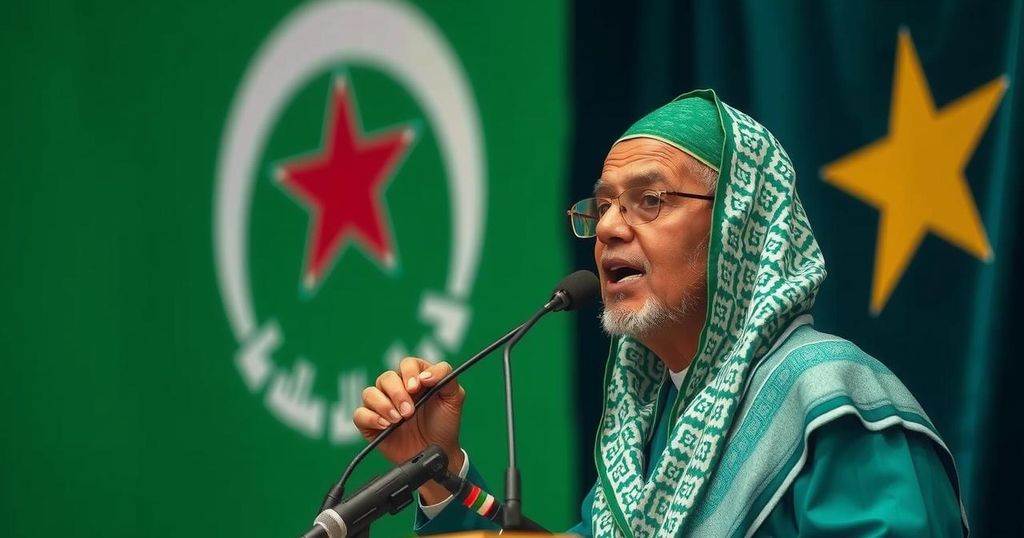Abdullahi Secures Presidency in Somaliland Election Amid Recognition Efforts
Abdirahman Mohamed Abdullahi, known as “Irro,” has won the presidential election in Somaliland, receiving 64 percent of the vote, defeating incumbent Muse Bihi Abdi. The election, delayed for two years, focused on economic recovery and international recognition. Somaliland, which declared independence from Somalia in 1991, continues to seek global acknowledgment and faces challenges regarding a deal with Ethiopia. The election results indicate a demand for change in leadership and policy direction.
Abdirahman Mohamed Abdullahi, widely known as “Irro,” has emerged victorious in the recent presidential election in Somaliland, a self-declared republic that has sought recognition independent of Somalia since declaring autonomy in 1991. With an impressive 64 percent of the vote, Abdullahi, the leader of the Waddani Party, defeated the incumbent president, Muse Bihi Abdi, who garnered only 35 percent. Both candidates delivered campaigning promises aimed at revitalizing the region’s struggling economy while intensifying efforts for international acknowledgment of Somaliland’s sovereignty from the central Somali government. The election, originally scheduled for two years prior, was postponed due to financial constraints and various logistical issues. Abdullahi’s victory is expected to influence Somaliland’s ongoing quest for recognition in the international arena, compounded by tensions surrounding an agreement with Ethiopia, which may deepen regional complexities.
Somaliland has maintained a unique status since its declaration of independence in 1991, establishing its own government, currency, and security forces. Despite these developments, Somaliland remains unrecognized by any nation, which limits its access to international finance and the mobility of its population. The region has demonstrated relative stability and governance compared to Somalia, which continues to face significant security challenges. The election of Abdullahi is viewed as a pivotal moment, further complicating the delicate dynamics with Somalia and its relations with Ethiopia, a key player in the region.
In summary, the recent election of Abdullahi represents a crucial step for Somaliland as it seeks to assert its identity and governance on the international stage. His commitment to both economic revival and the quest for recognition may redefine the region’s political landscape, particularly in light of ongoing negotiations with Ethiopia on access to international waters. The outcome clearly highlights the electorate’s desire for leadership capable of navigating Somaliland’s complex geopolitical environment.
Original Source: www.aljazeera.com




Post Comment